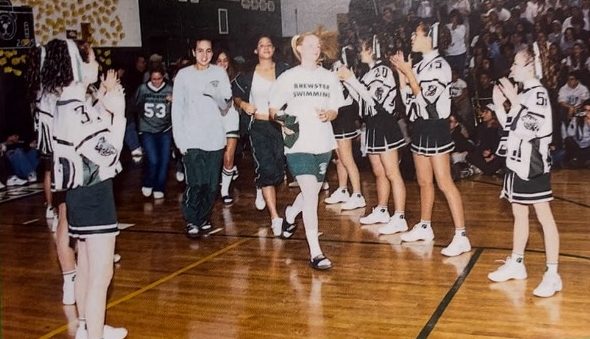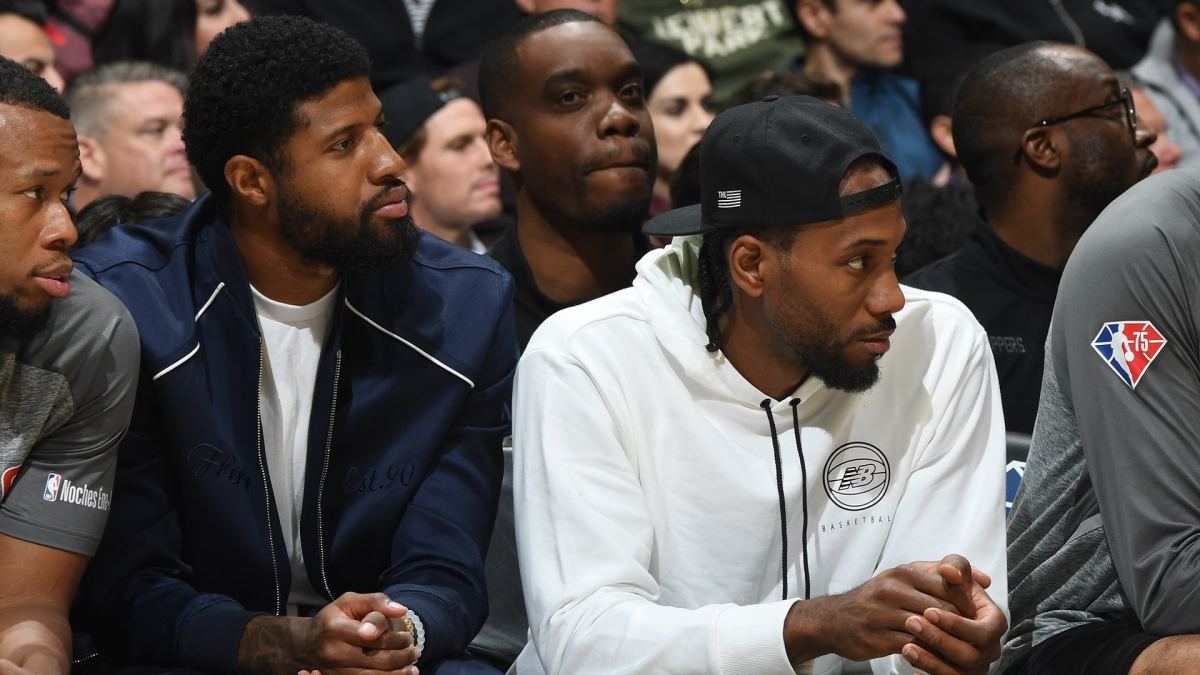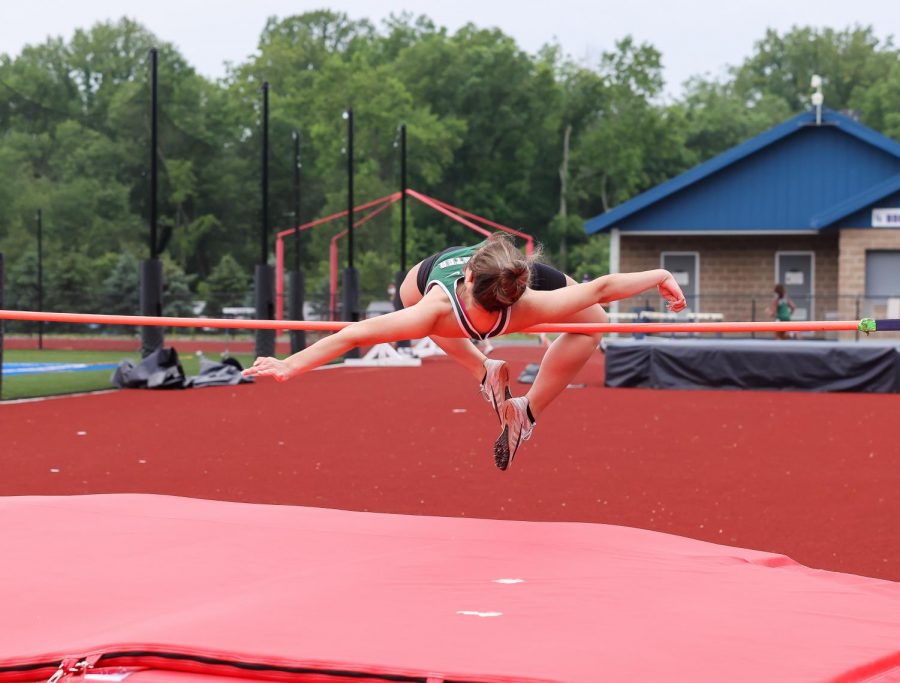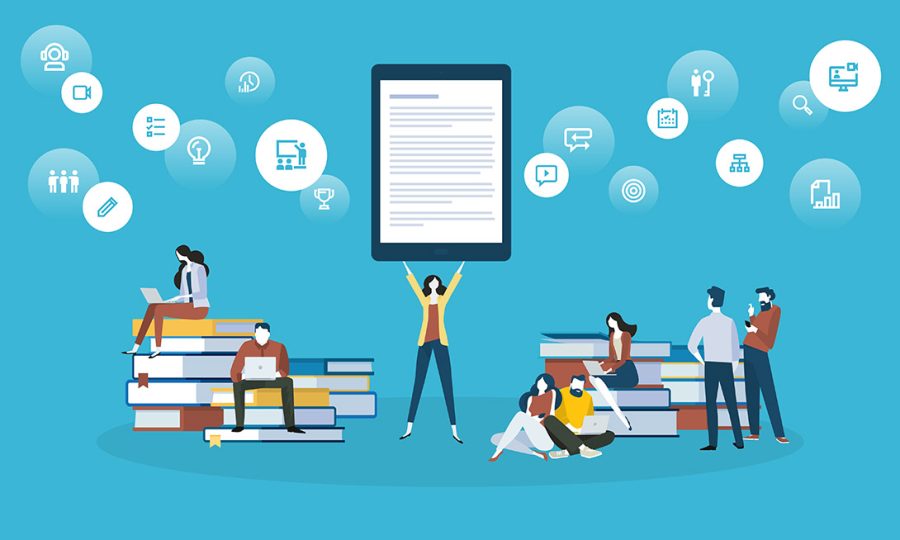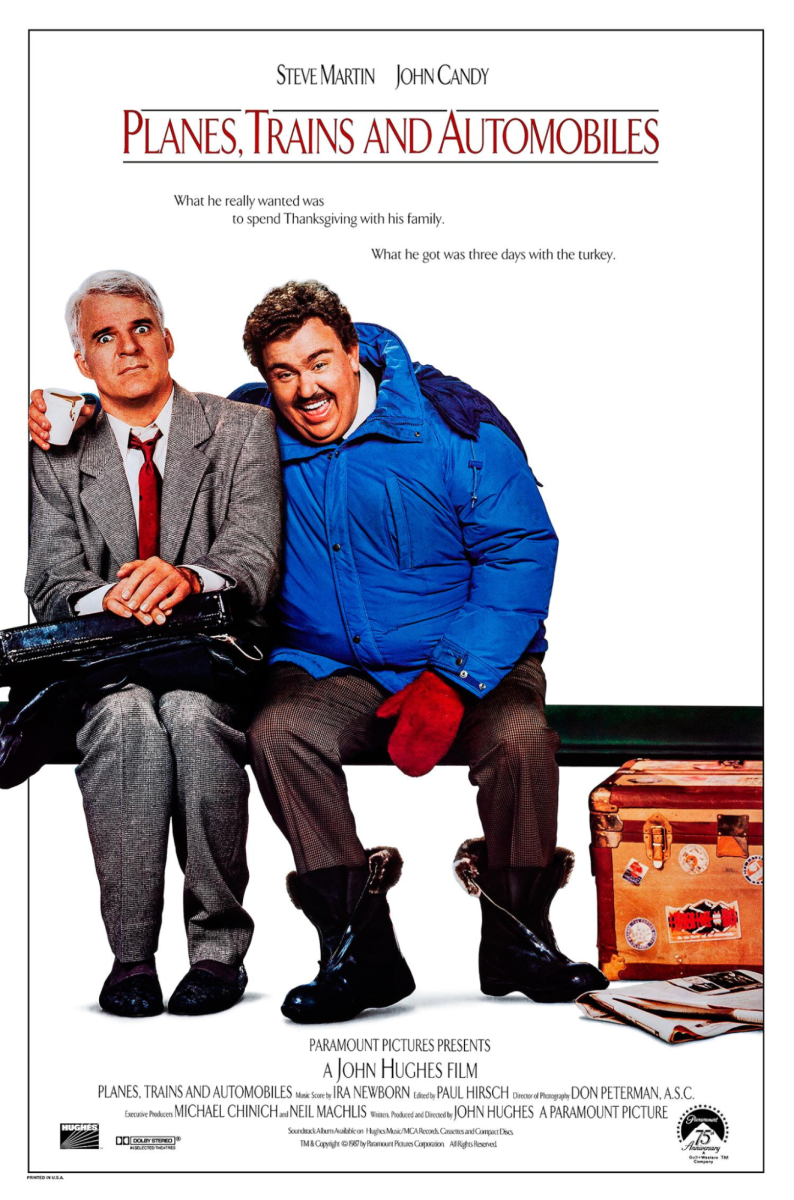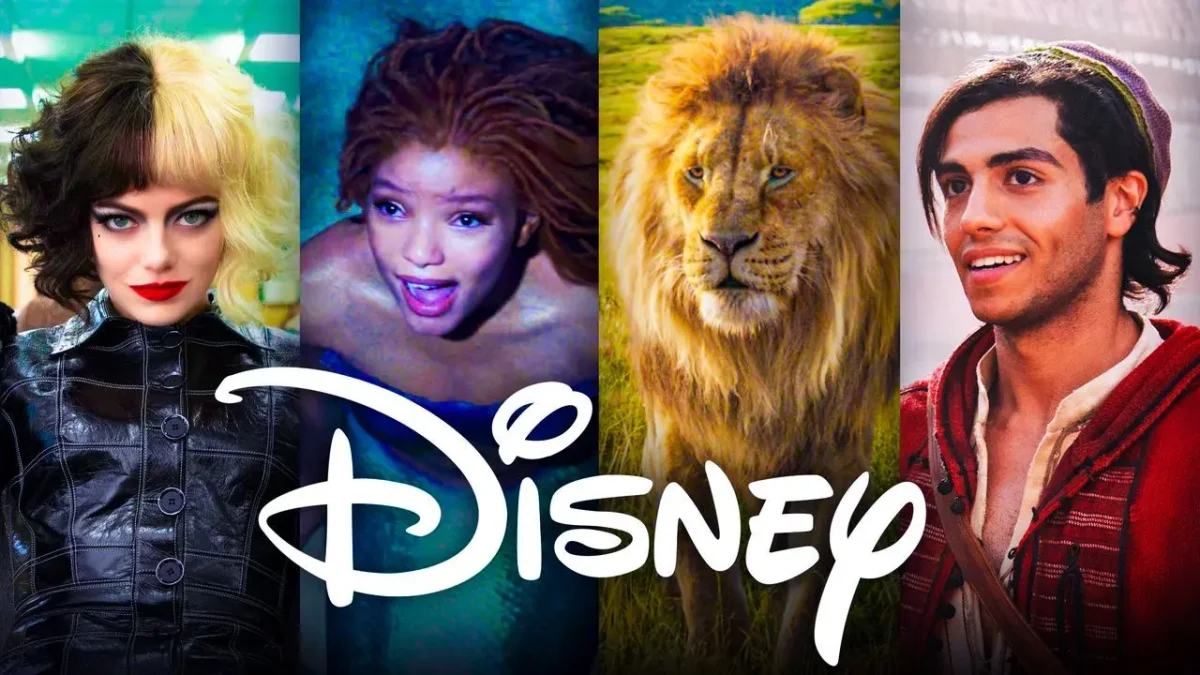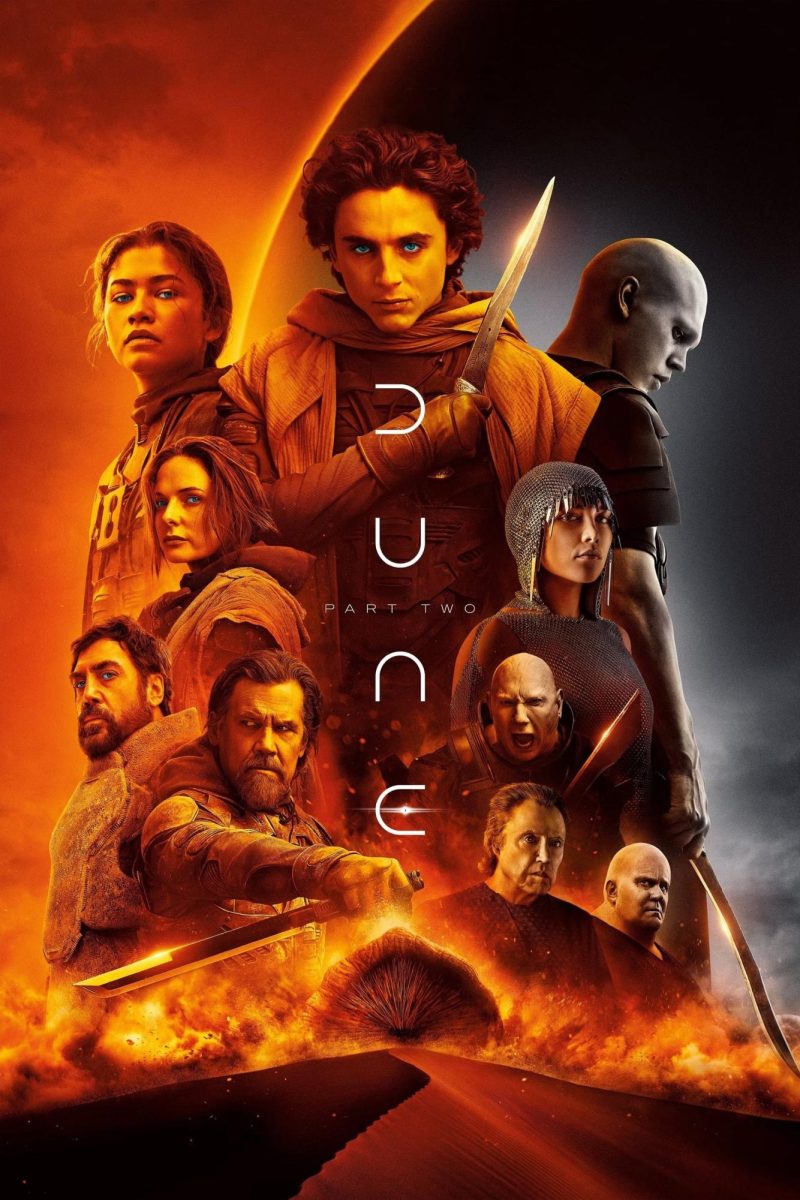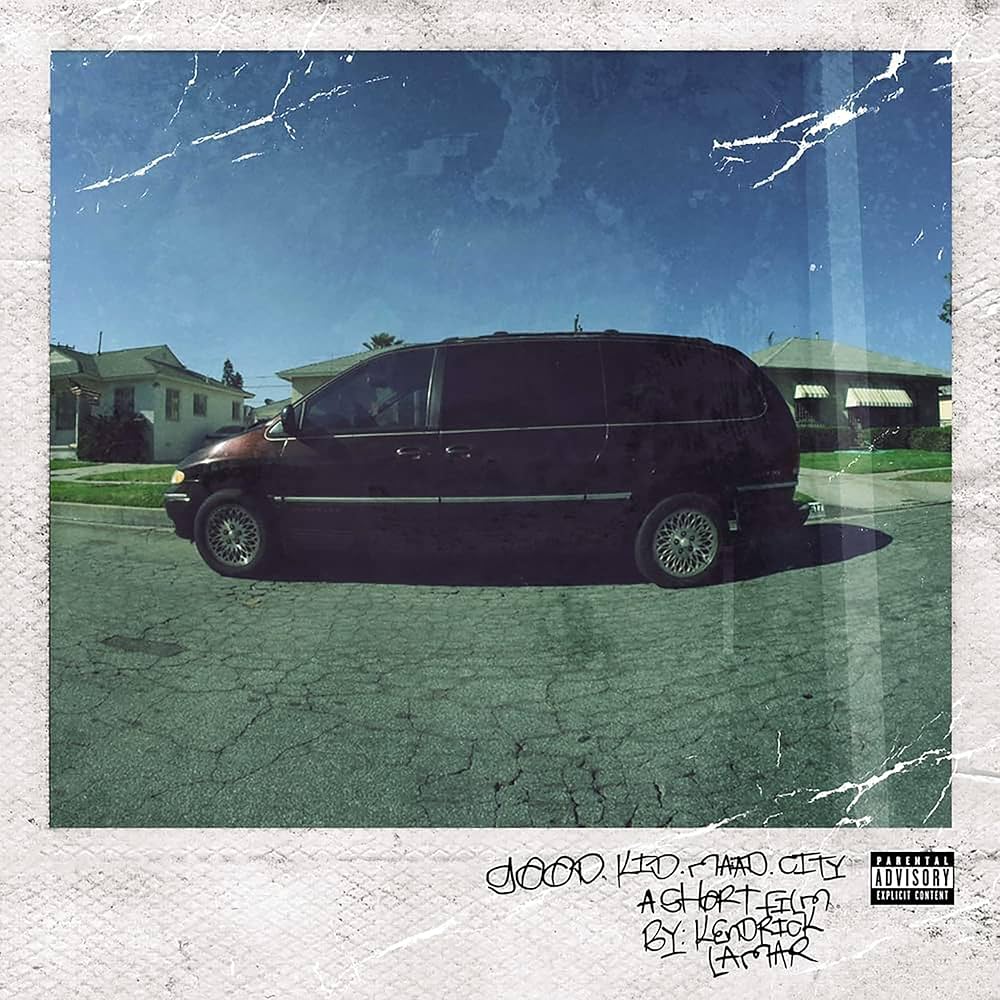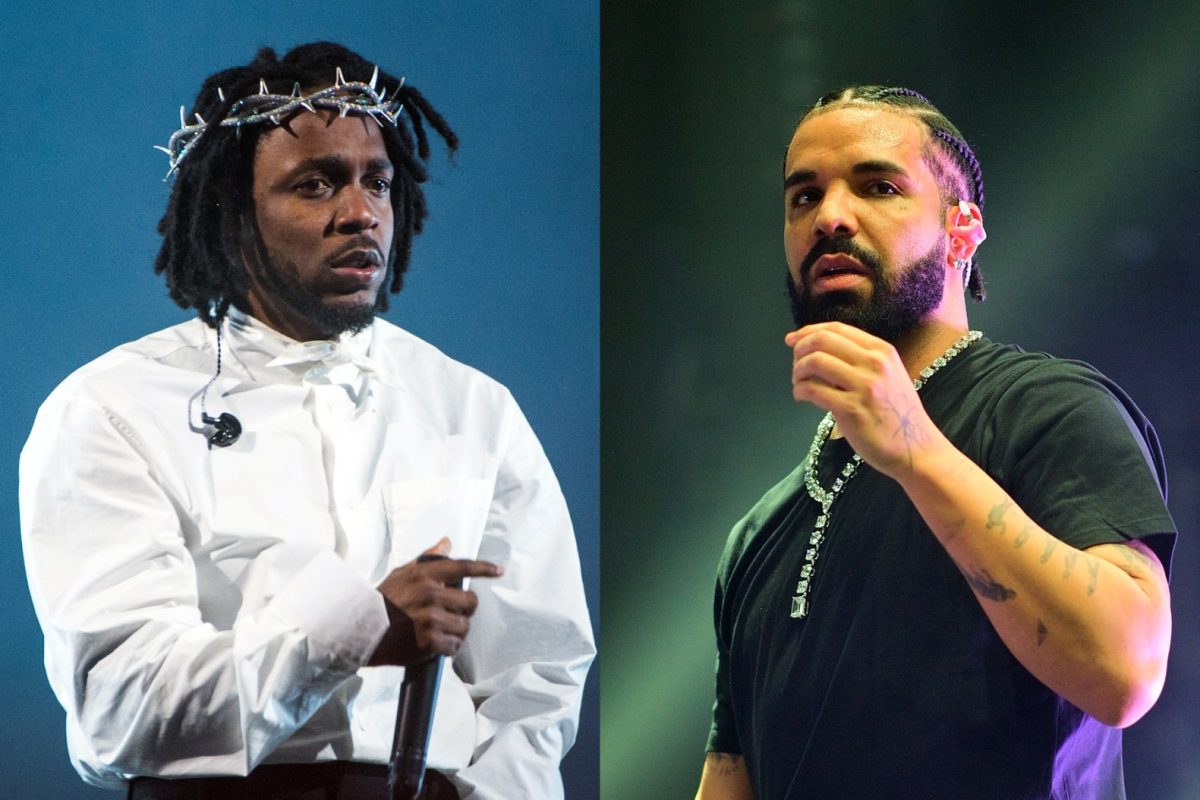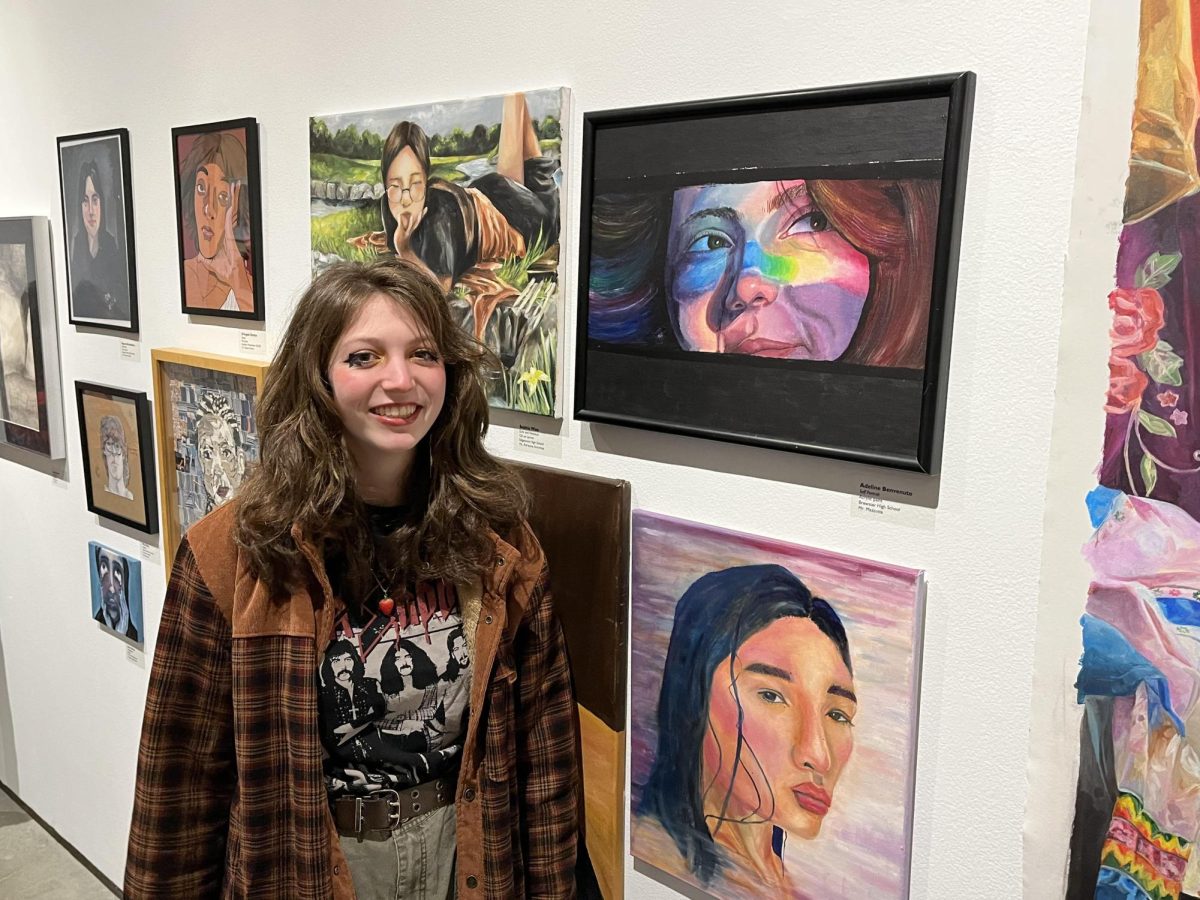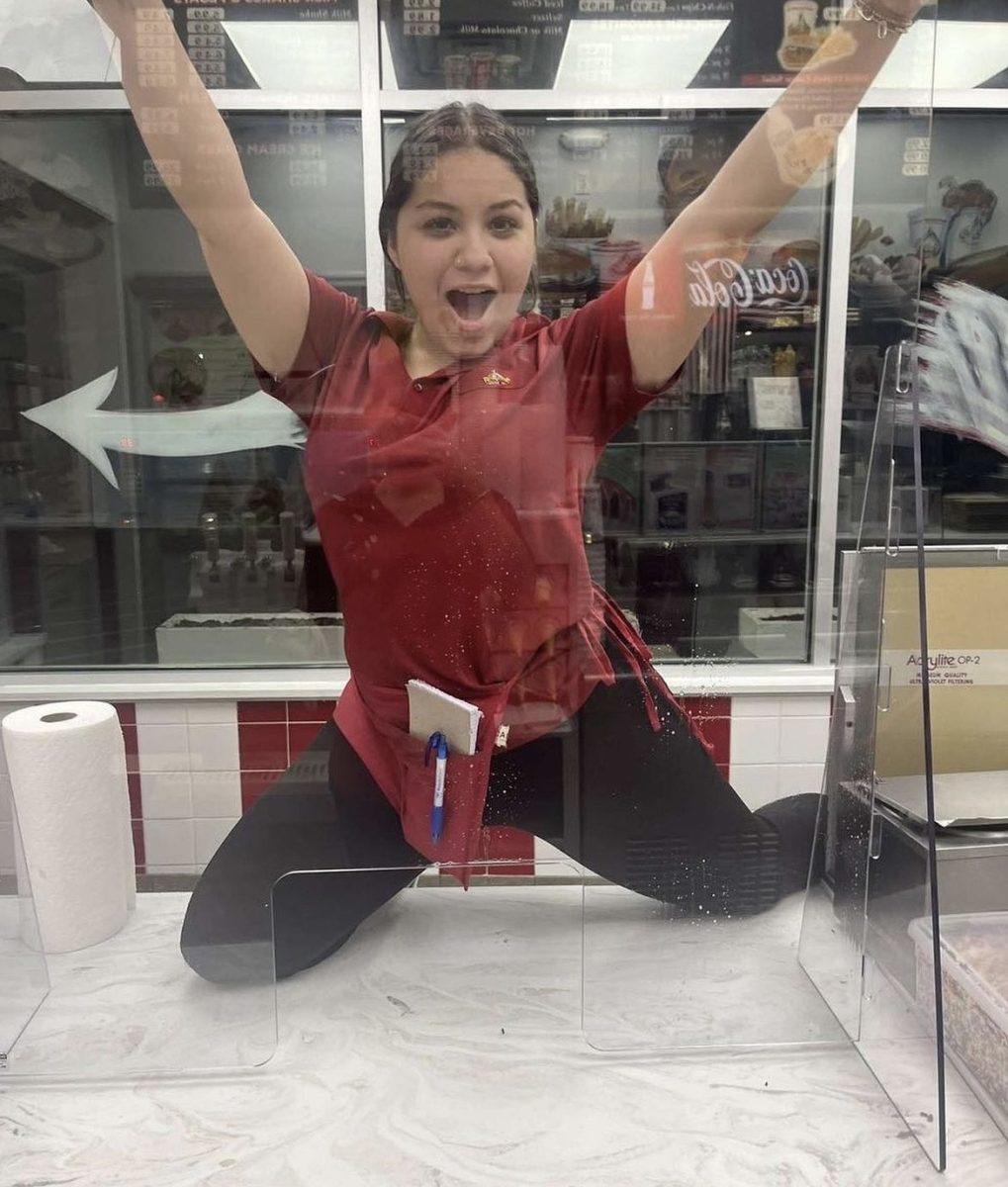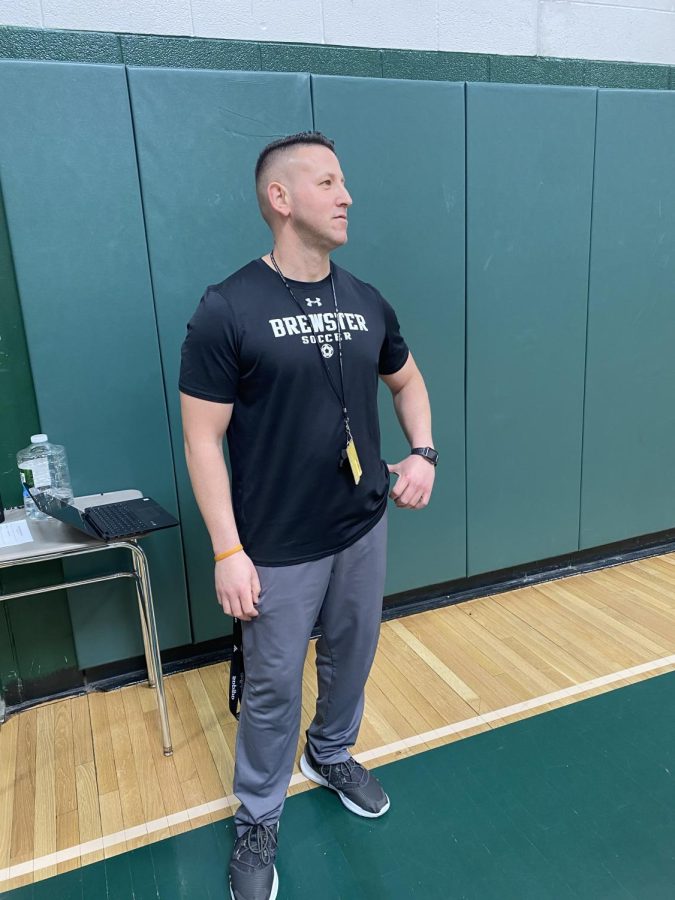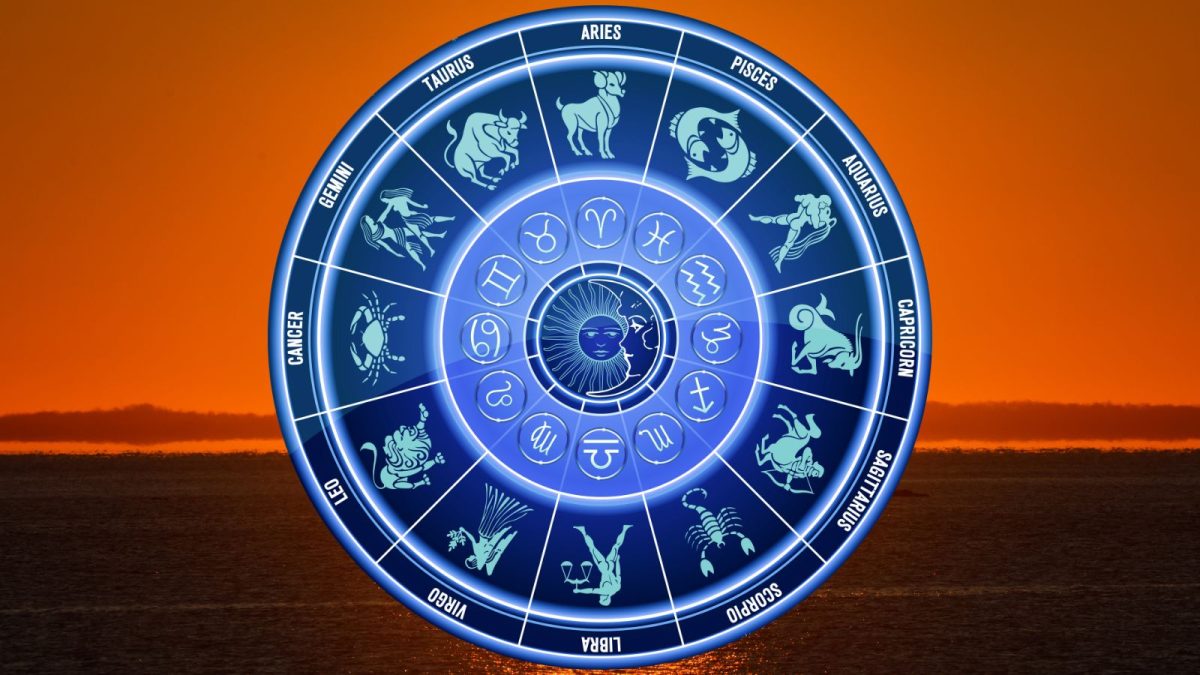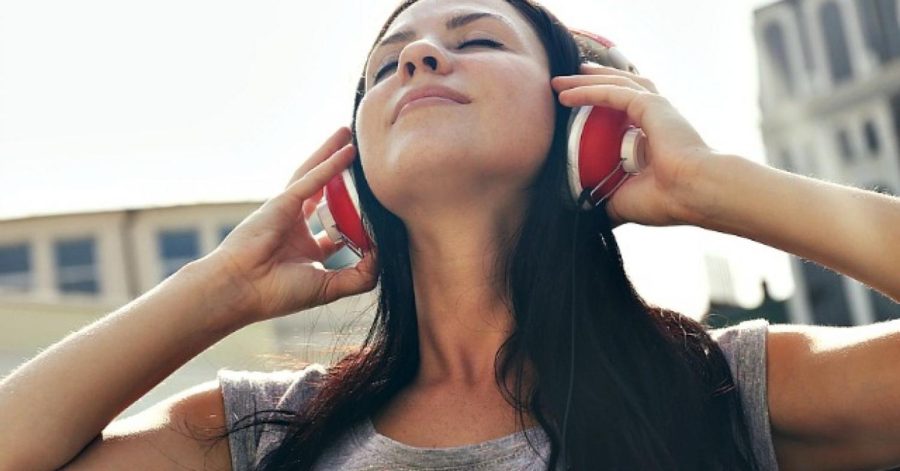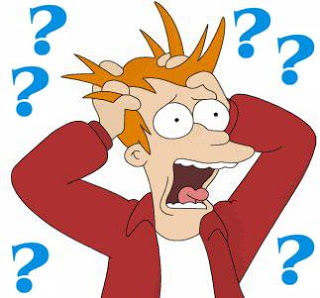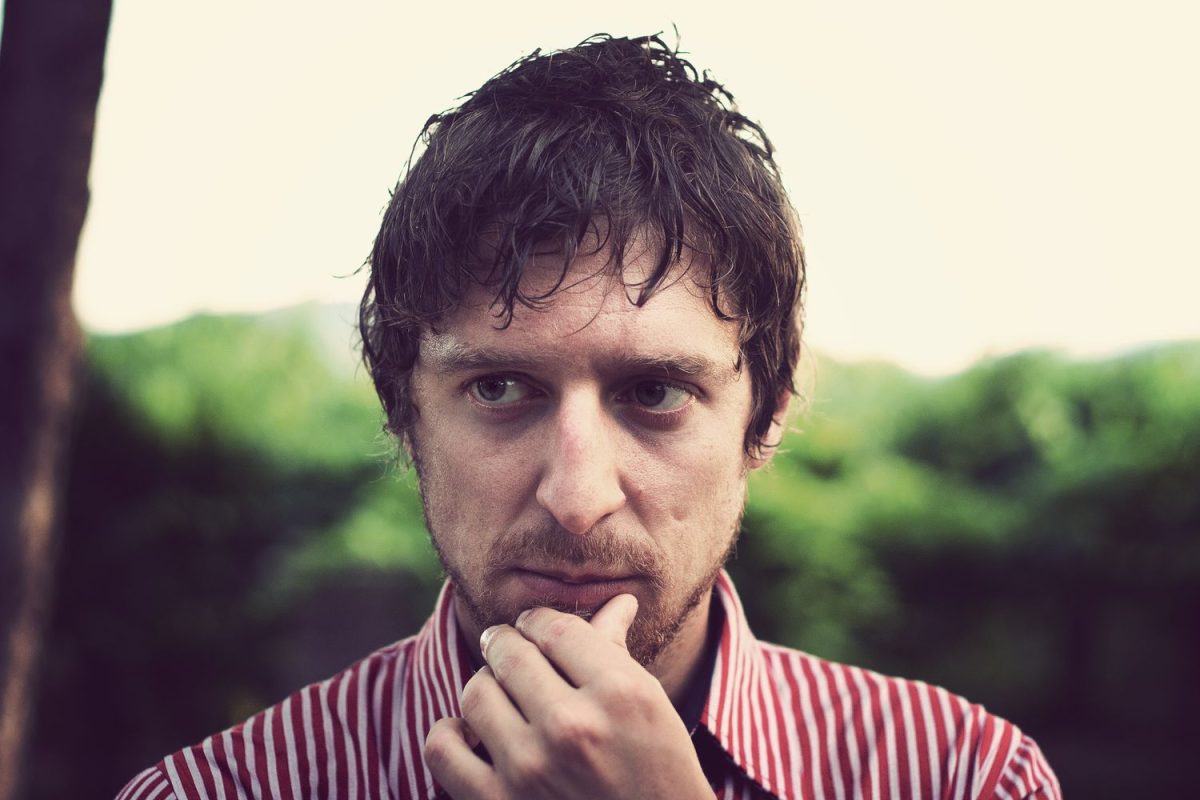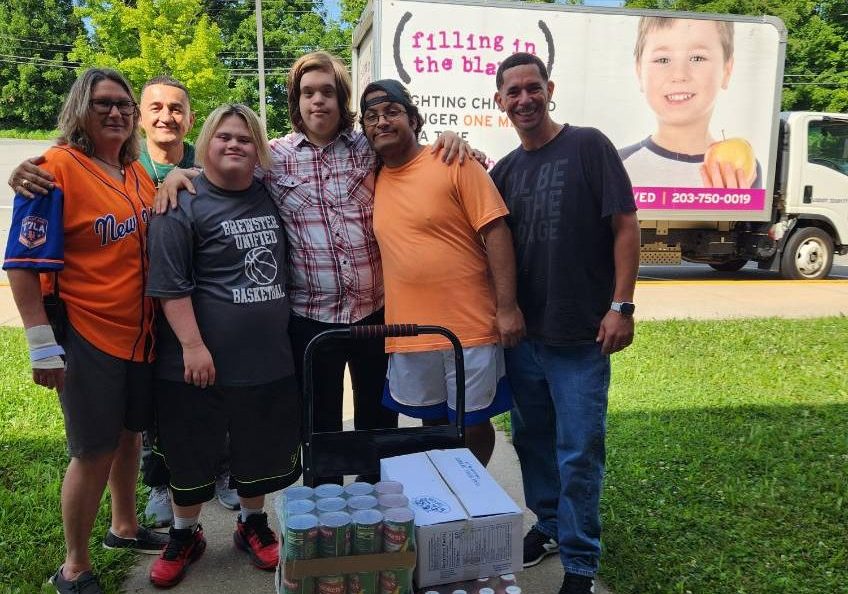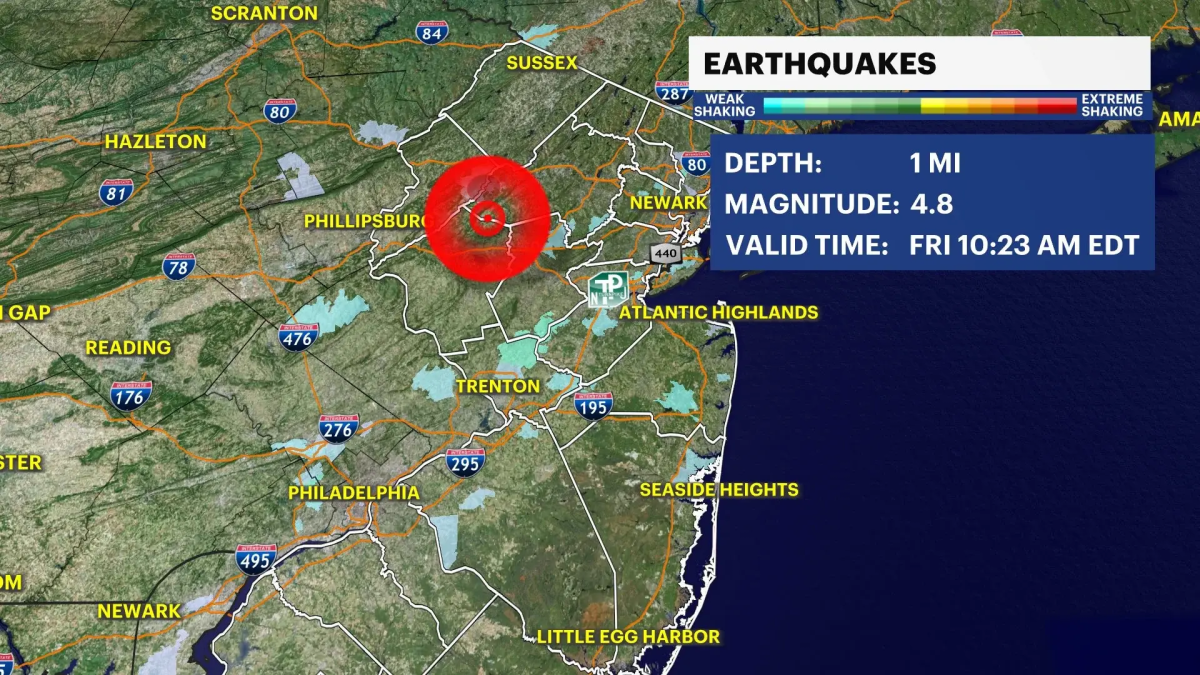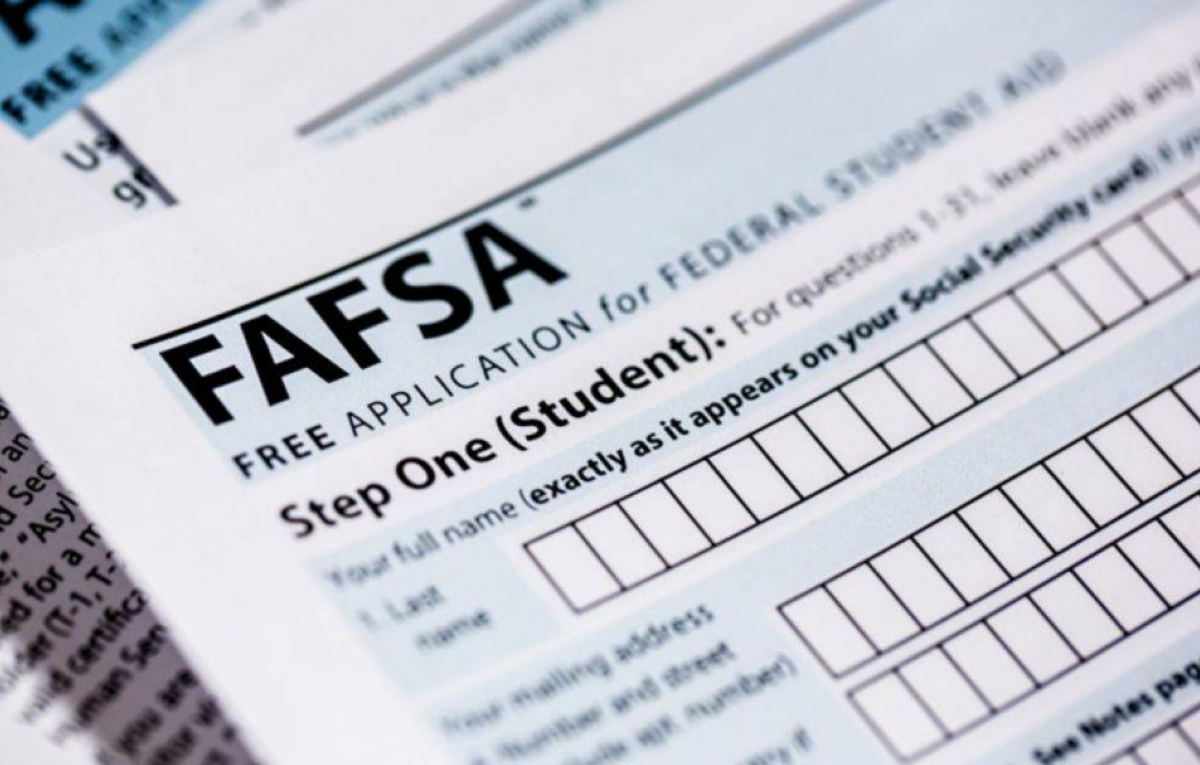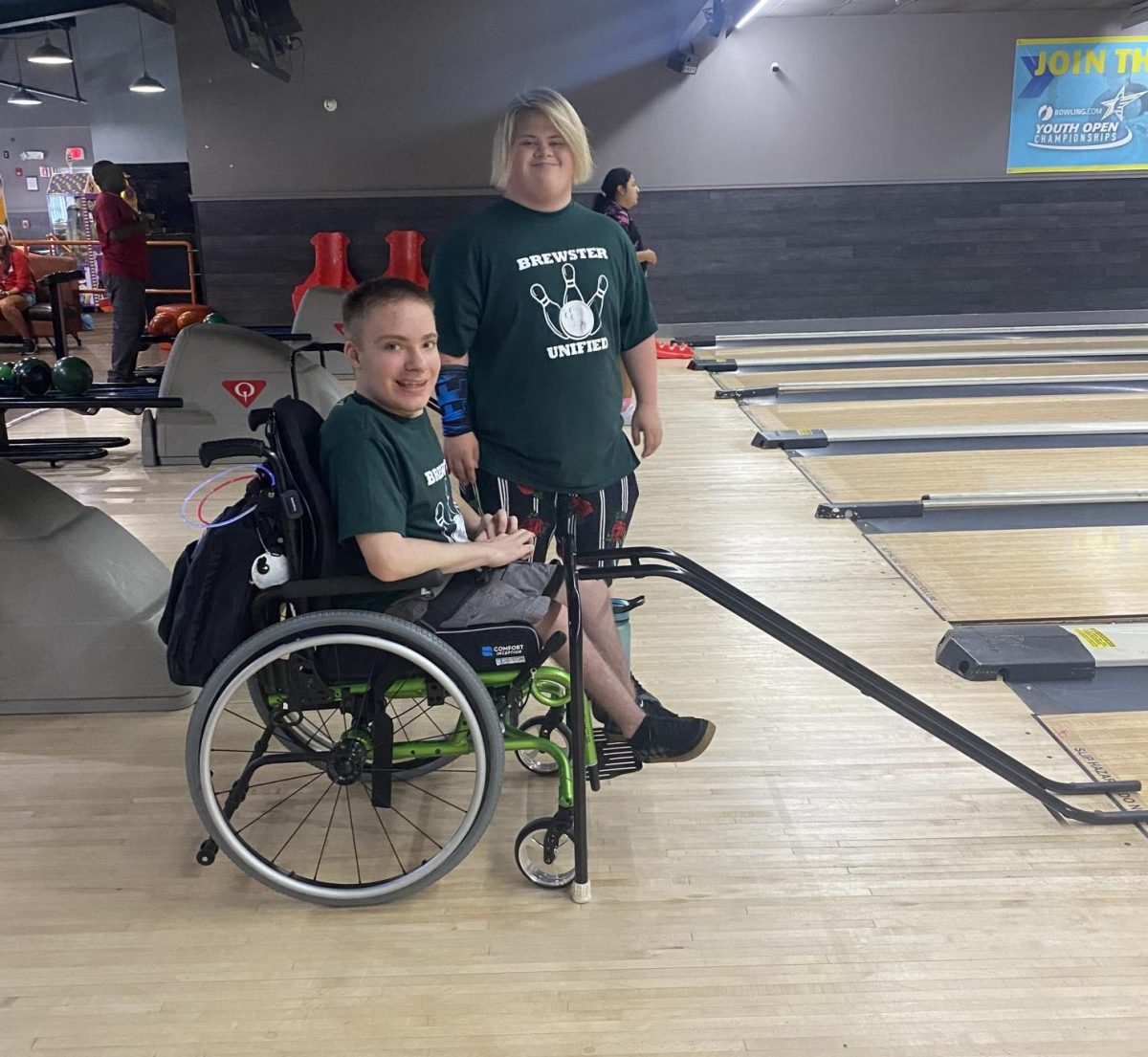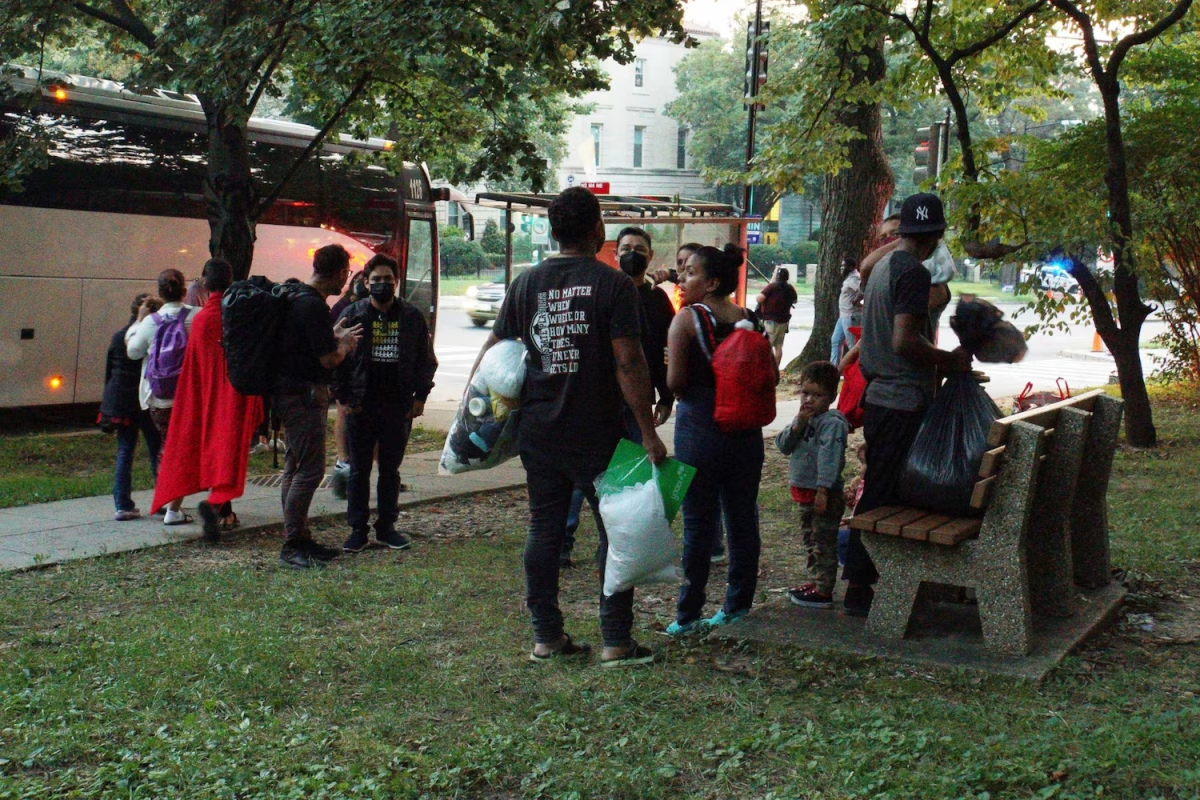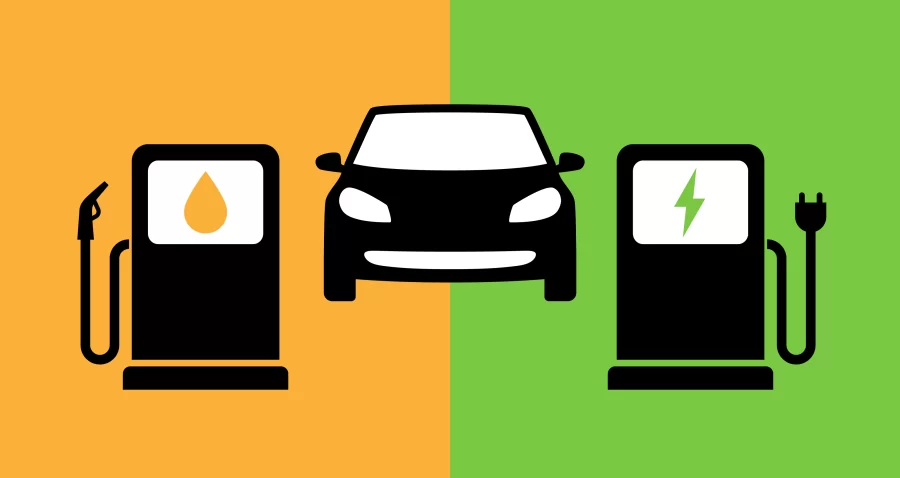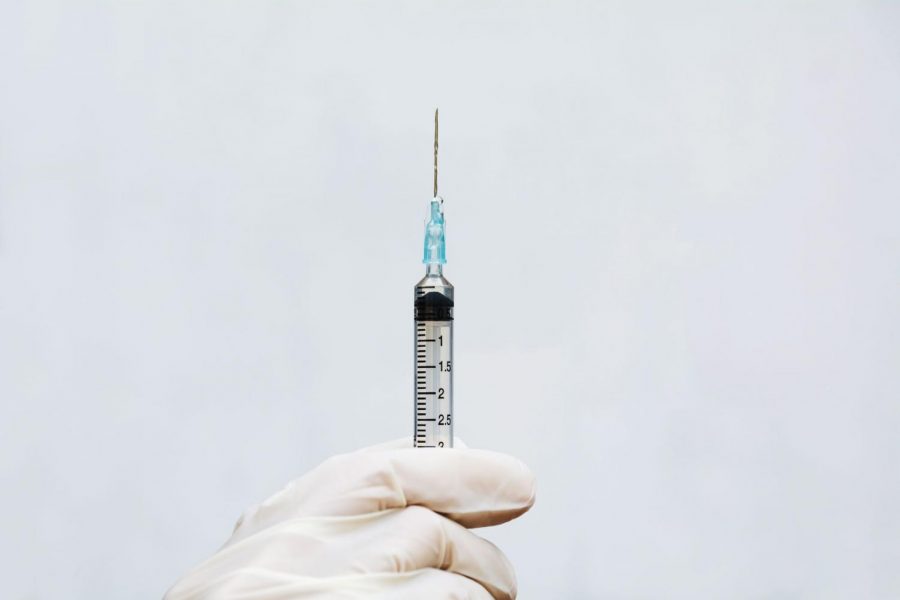Point/Counterpoint: Should We Mandate the Vaccine?
June 21, 2021
NO – I think that we can all acknowledge that we are in a massive global pandemic that has resulted in massive changes throughout our lives. We have had to wear masks while in public, adapt to online school, and get used to not going to large gatherings. All of these changes have been made in order to prevent the spread of this pandemic and prevent the large number of deaths from increasing. There have been about 3.3 million deaths due to COVID-19 worldwide since 2020. Scientists all over the world have been working tirelessly to figure out ways to halt this number. Because of their hard work, there are now many different vaccines on the market that increase our chances of survival.
I believe that whether or not someone gets the vaccine is specific to each individual. I cannot make a claim that everyone should get the vaccine or everyone should not. It wouldn’t be ethical to do so. There are so many different factors that play a part in a decision to get the vaccine. I encourage everyone to do their own research, talk over the options with your family and/or a medical professional, and then make your decision. The important thing that I can’t stress enough is to carefully consider your options. There are many different fallacies with these vaccines that need extra considerations.
There are a lot of different theories on how to stop the spread of COVID-19 that I will not address in this article. However, I do believe that at this stage in the game, there is such a thing as an overreaction. We have all lived with this virus for over a year and it is time for us to attempt a return to normalcy. There are steps that need to be taken without a doubt. It’s not that overnight we will all stop wearing masks and everything will be back to business as usual. We do need to set goals. These goals should be high. Many politicians are currently setting goals that are likely to be achieved so that when the benchmark is reached, they look smart. Dr. Anthony Fauci, director of the National Institutes of Allergy and Infectious Diseases and the White House’s chief medical adviser released a statement on Sunday May 9th (Mother’s Day) in which he says, “I hope that next Mother’s Day, we’re going to see a dramatic difference than what we’re seeing right now. I believe that we will be about as close to back to normal as we can.” Dr. Fauci is setting a goal that in a year, we may be back to normalcy. To me, that is unacceptable. We should be pushing as hard as we can to put this pandemic in the rear view mirror.
Part of that comes with the idea of Vaccine Passports. This idea was put in place by the Democratic Party to restrict unvaccinated people from doing certain activities such as boarding a plane. As I have stated, getting the vaccine or not is a highly personal decision that people make very carefully. If someone decides not to get the vaccine, for whatever their reason may be, it is not fair to limit what they can’t do. If someone has a religious reason to not get the vaccine, you are now entering the very fine line of the First Amendment to our Constitution- Freedom of Religion. Similarly, if someone has the vaccine, what does it matter for them to show proof? Facts are not subjective and if someone has the vaccine, they don’t need to prove it to anyone.
These times have called for careful considerations to be made by individuals and their families. It is highly unethical to restrict someone from going out for their own personal reasons. Once we achieve herd immunity, no imminent threat will be posed. It is time for us to drive ourselves to the future and push out of this pandemic. The first step: set high goals to strive for. It is time for us to take our lives back and stop letting COVID-19 run our lives.
YES – I want to open by establishing, first and foremost, that I have respect for everyone’s religious observations, outside circumstances, and free will. With that being said, I do firmly believe that jobs and schools are entirely within their rights to create a COVID-19 vaccine mandate, and that doing so will be helpful in the long run.
Firstly, I’d like to point out that mandatory vaccinations are not, by any means, a new concept. Particularly in the public school system, an individual is not allowed to enroll in school without mandatory vaccinations, usually including vaccinations for the measles, Hepatitis B, the chickenpox and polio. There have been, and likely always will be, families and students that refuse to get their vaccinations for any number of reasons, and within the first amendment they absolutely have the right to do so. However, those students are still not permitted to enroll in public school. If they refuse to get the required immunizations, they have to go to school somewhere else with a set of rules that align with their personal beliefs. Beyond the public school system, too, most universities have their own set of immunization requirements (usually including the measles, HPV, etc). In addition, while not all jobs may have strict requirements for vaccinations, many have a set of recommendations for vaccinations. The medical field is a notable area in which vaccination is highly recommended: the CDC has outlined a series of vaccination recommendations for healthcare workers, also noting that each state has its own set of rules and restrictions for vaccines. Recognizing the historical relationship between vaccinations and employment and education is key to analyzing the COVID-19 vaccination mandates that are being debated; in our contemporary, partisan society, it’s easy to take a side aligning with a certain set of people or politicians, but it’s far more important to keep perspective on the issue and remember that creating a COVID-19 vaccine mandate, in many schools, colleges, and jobs, would not be creating a new standard.
I bring up the healthcare field particularly because one thing that the CDC notes is that, “If you work directly with patients or handle material that could spread infection, you should get appropriate vaccines to reduce the chance that you will get or spread vaccine-preventable diseases.” I’d like to think that most sensible people would understand and agree with the notion that it makes sense for healthcare workers, who come into direct contact with viruses and illnesses, to get the vaccine. At the peak of the illness, it was estimated by the CDC that 30% of individuals with the virus were asymptomatic, meaning they experienced no symptoms that would lead them to believe they had COVID-19. Keep in mind, these people were likely tested due to exposure (thus how they knew they were infected but asymptomatic), so in reality the percentage of asymptomatic infections could be much higher if someone is carrying the virus unknowingly. 30% of people is a lot of people who may have gone for a period of time living their normal lives without realizing they were infected. What that means is that those people were interacting with others that they normally would, carrying an invisible illness on their shoulders. If a person were to say that it makes sense for healthcare workers to get vaccinated because they come into direct contact with the illness, I would argue that there is a large percentage of other people who have come into direct contact with the illness having no idea whatsoever. We’re still learning how COVID-19 works– it’s important to recognize that for right now, there’s a massive chance of us all coming into contact with COVID-19 and not knowing it, so we are at risk.
There are some people who are unable to get the COVID-19 vaccine due to their personal allergies or pre-existing health conditions, people who would be exempt from the vaccine for those reasons. Those are the people who are truly vulnerable. The CDC notes that, “Early data show that vaccines help keep people with no symptoms from spreading COVID-19, but we are learning more as more people get vaccinated.” Personally, as someone who is privileged enough to be in a position where it is safe and convenient for me to get the vaccine, I see it partially as a responsibility: there will be people around me who are in danger, at my school and at work. The vaccine mandates aren’t just helping to keep me safe, they’re keeping those people safe, too.



